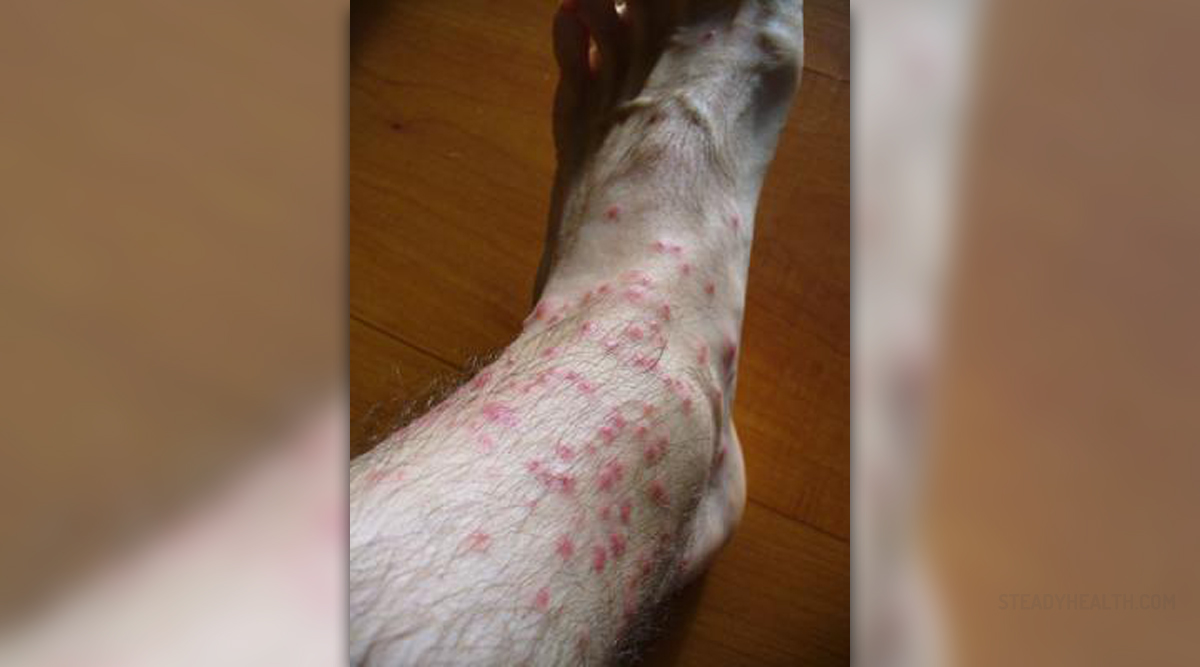
Chiggers are actually larvae of the trombiculid mites, known as harvest mites, berry mites or red mites. They are related to ticks and mostly live in bushes, woodlands and in vegetation near rivers, lakes and streams. They are reddish and microscopic and their larvae, called chiggers are known to bite both humans and animals.
Chigger bites
Unlike ticks, chiggers do not feed on the blood of their host. The larvae, which are reddish and have six legs, while the adult mite has eight legs, feeds on the skin. They search for the areas where the skin is softest, like inner knees and elbows, crotch, ankles, armpits, skin fold and such. They make a hole using their mouth apparatus and inject their saliva, which has enzymes that dissolve the membrane of skin cells.
When the hole is formed, the surrounding skin hardens. If the chigger is left alone, it will feed for a couple of days, But usually, because of the itching it causes, the host starts scratching the area and removes the chigger.
The most prominent sign of chigger bite is a very intense itch, which usually starts three hours after the bite. The skin gets red and slightly raised and blisters sometimes form. These bites may develop an infection, unless they are properly treated. The symptoms usually last for two weeks, after which time the lesion heals and disappears.
Chigger bite remedies
One of the popular remedies for chigger bites is nail polish. The basic idea behind this remedy is that chiggers burrow in the skin and stay there, which is not true. The nail polish is supposed to suffocate them to death so they can fall off. However, a coat of nail polish applied to the affected area sometimes does provide some relief as it seals the area so it cannot get into contact with air.
The first thing to do when a chigger bite occurs is to wash the area thoroughly with hot water and soap. It can also help to warm the area up with a blow dryer.
Treatment for chigger bites is basically aimed to relieve the itching and the redness. Application of Calamine and corticosteroid creams can help with that. After consulting a doctor, he or she may prescribe oral antihistamines.
It is important to prevent a secondary infection from a chigger bite, which is why it is advised to apply an antiseptic ointment. Helichrysum oil is also known to provide relief for itching due to chigger bites.


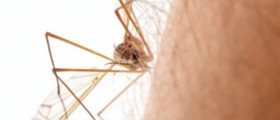
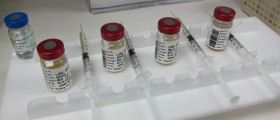
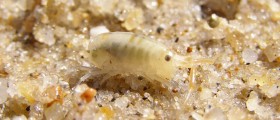
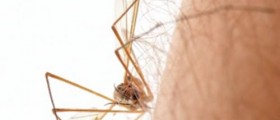
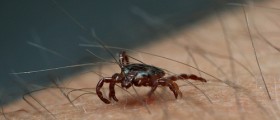
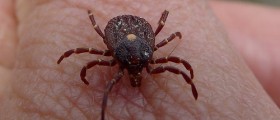
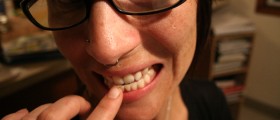
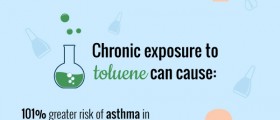
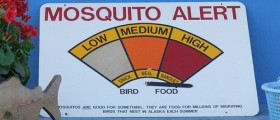
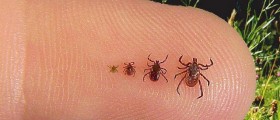
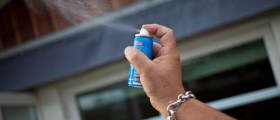

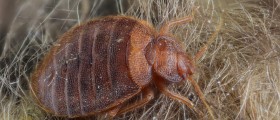
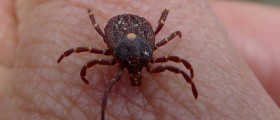

Your thoughts on this
Loading...